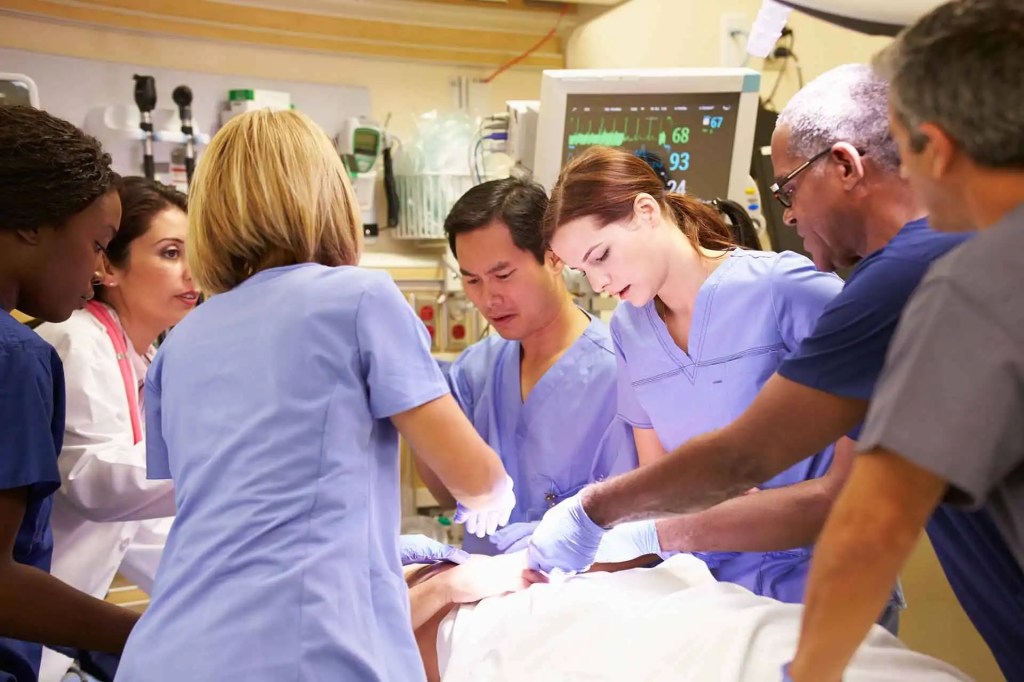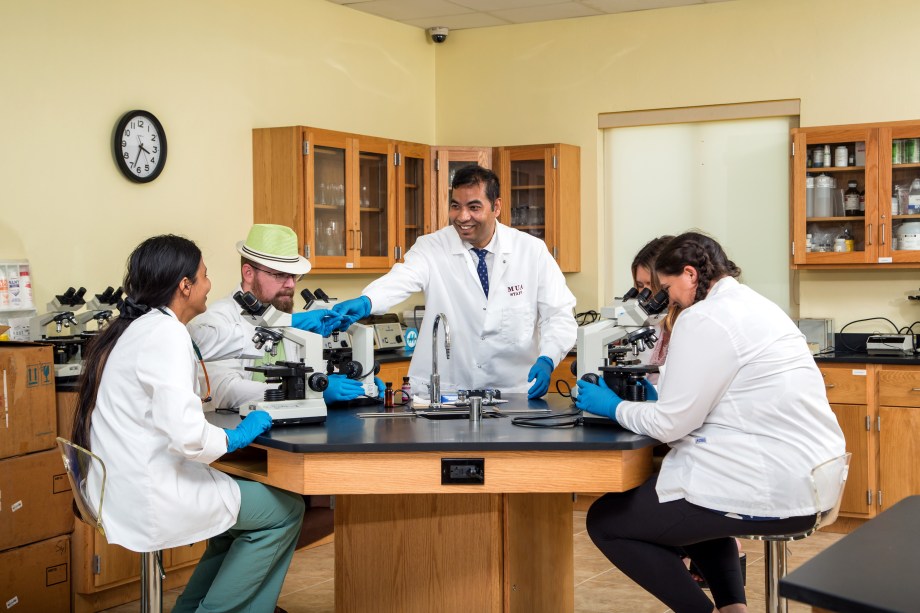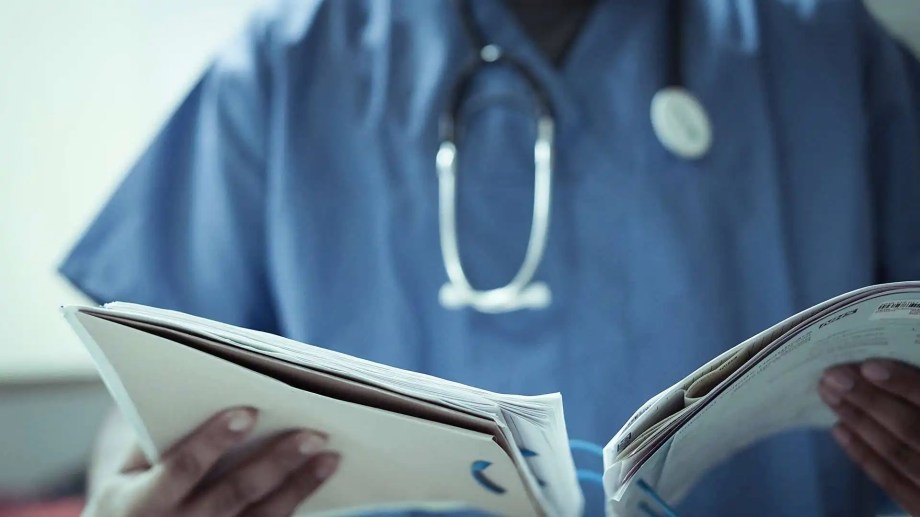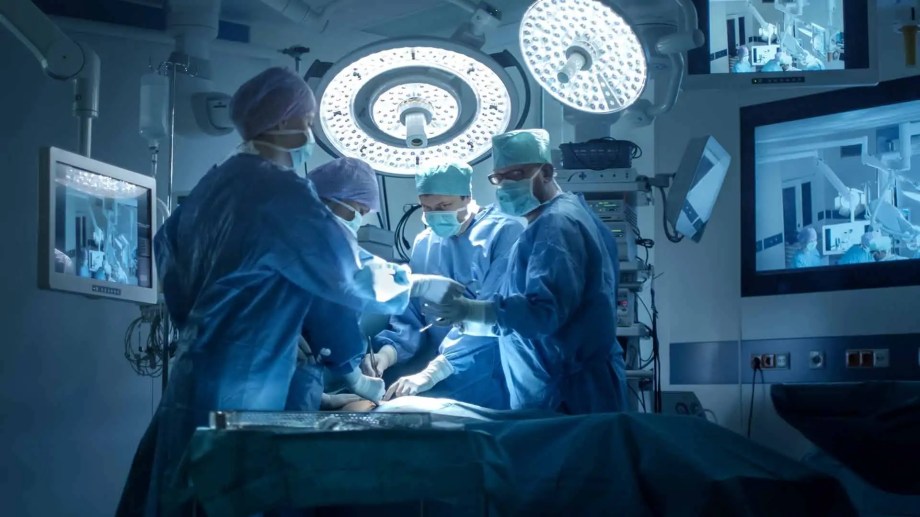
Clinical Medicine
The 72-week Clinical Medicine curriculum is hosted at teaching hospitals in the United States and Canada
Clinical Medicine
Your clinical education at Medical University of the Americas takes place primarily in the second half of your academic program, during semesters 6 to 10—your final semesters before earning your MD and entering a residency program.
The Clinical Medicine program at MUA is 72 weeks:
- 42 weeks of required core rotations in Surgery, Internal Medicine, Pediatrics, Psychiatry, and Obstetrics and Gynecology.
- 30 weeks of elective clinical rotations that may be in any of the various medical specialties, depending upon the student’s future goals.
Key Facts

- Location: The Clinical Medicine program will be based in the US or Canada within a hospital medical setting where you will undergo your core and specialist rotations.
- Rotations: Medical University of the Americas has an extensive clinical program in conjunction with ACGME-approved teaching hospitals throughout the United States and Canada.
- Residency Success: On average, between 2020-2024, 98% of MUA graduates seeking residency have secured positions in programs in the U.S. and Canada*.
- Tuition for Students Entering on or after January 2024: Clinical Medicine is $21,506 per semester.
*98% Four Year Residency Placement Rate is the percent of students attaining a residency position out of all graduates or expected graduates in 2020-21, 2021-22, 2022-23 and 2023-24 who were active applicants in the NRMP match or attained a residency outside the NRMP match.
A Day in the Life of a MUA Student
Camellia Srikanthan’s dream was to become a physician, follow along, and see what a typical day is like in medical school.
Adnan Qureshi
Learn how Adnan secured a surgery residency at the University of Toronto
Brian Chwiecko
Hear how Brian Chwiecko went from a young heart patient to becoming a doctor.
Samir Gandhi
Samir Gandhi is an MUA graduate who attained a residency at the University
Baieruss Trinos
Hear from Baieruss as he talks about his time at MUA and how he secured a residency at the University of Toronto.
Lavaniya Sreetharan
Hear from Lavaniya as she talks about her experience of MUA and how she believes MUA gave her an upper edge against the competition.
Other Areas You Might be Interested in:

Find out about admissions
Discover the next steps, how to apply, the entry requirements along with the technical standards.

Find out about tuition and fees
Learn about our tuition and fees, requirements for financial loans, and scholarship options available at MUA.

Hear from alumni
Our students are taught in state-of-the-art learning facilities which prepares them for USMLE success and for the Clinical Medicine Program.
Hear from students and alumni about their experience during clinical training and MUA.

Read our latest news
Read about student life, the latest news about MUA along with recent blog articles written by the team.